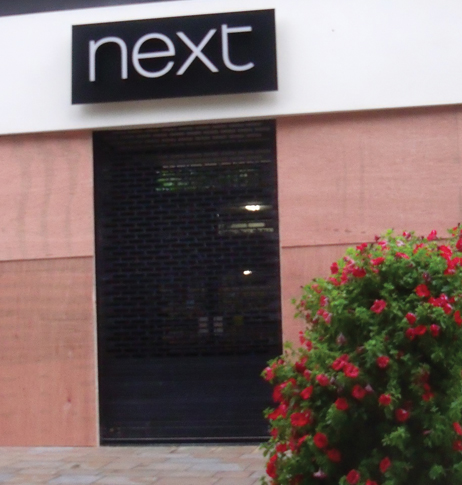More than £167m in insurance claims have been made after the August 2011 riots around England, according to a report.
It is now more than two years since August 2011 and, for most of the population, the riots are an increasingly distant memory. For many of those who were the victims of the riots, and for the areas most seriously affected, they are not at all remote and the consequences are still with them. So says Neil Kingham in an Independent review of the Riot (Damages) Act 1886.
By April 2013 all domestic claims had been settled in full or interim payments made; and 96.2pc of commercial claims had been settled in full or interim payments made.
September 2013: stats
Total number of riot claims: 2,254
Total value of riot claims: £167,346,708
Total number of personal lines claims: 165
Total value of personal lines claims: £1,581,270
Total number of commercial claims: 2,089
Total value of commercial claims (material damage to property / contents): £135,088,992 Total value of commercial claims (business interruption): £30,590,819.
As Neil Kingham wrote, the Riot (Damages) Act rests on the principle that the police are responsible for maintaining law and order and should be held to account if law and order breaks down and a resulting riot causes damage to property. The Police and Crime Commissioner (PCC) is then liable to pay compensation to the owners.
He proposed that the Act should have modernised language and for instance include cars and other vehicles within the scope of compensation; as motors were not around in 1886. Kingham wrote: “Its wording made the administration of the compensation it provides for unnecessarily difficult following the 2011 riots; in some respects more expensive than it should be, in other respects inadequate for the needs of the victims of the riots.”
Local authorities should be asked to include within their emergency plans planning for a riot-recovery service to provide co-ordinated advice; and in case of more major riots, a riot claims bureau ought to be developed by agreement between the Home Office and the insurance industry, to be staffed by experts in claims handling and loss adjusting drawn from several companies, to be ready to start work immediately after a riot, with delegated power to decide claims. He recommended that the principle of police accountability for riot damage should be retained.
For the full 62-page report, visit the gov.uk website – link here – https://www.gov.uk/government/uploads/system/uploads/attachment_data/file/255990/riot_damages_act_review.pdf
Insurance view
Commenting on the publication at the insurance trade body the Association of British Insurers (ABI), Director General Otto Thoresen said: “Overall, we welcome the findings of this report, although there are several aspects that will concern insurers and their customers. The riots of August 2011 highlighted both the value of insurance, with insurers paying out over £200m to customers, and the importance of the purpose of the Riot Damages Act, so we welcome this report’s finding that the principle of police accountability should be retained in new legislation.
“The recommendation that insurers should continue to be able to recover from the state certain riot payments made to customers is vital if riot cover is to be affordable and available. And the proposal to set up a riot claims bureau will cut down the current bureaucratic process to ensure that uninsured riot victims receive compensation much quicker.
“However, we are concerned that the review recommends that insurer recoveries from the state should be restricted to businesses that turn over less than £2m a year. This could be a disincentive for some larger firms to locate in some areas. And, disappointingly, it is not recommended that consequential losses should be covered by new legislation, meaning further losses for uninsured firms. The Government should carry out an impact assessment on the impact of both of these proposals.”










